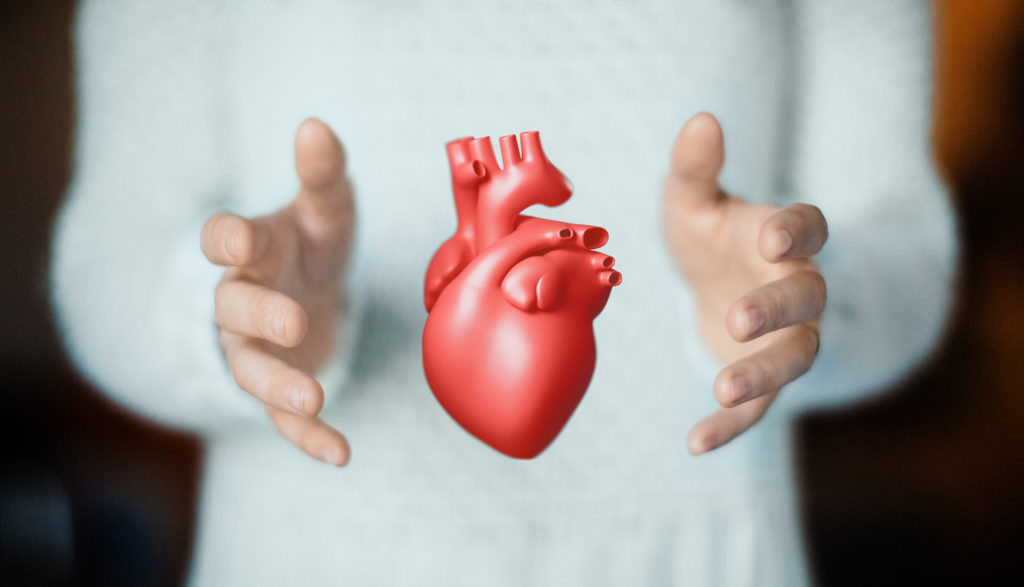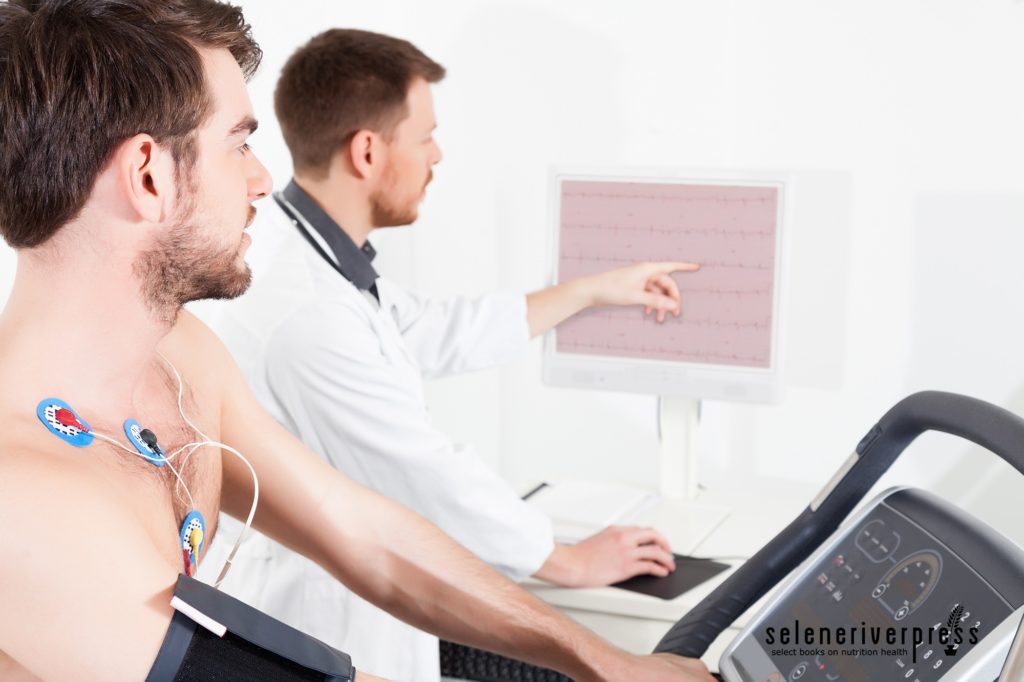February is American Heart Month, so it seems fitting to spend some self-health time checking in on how familiar you are with yours. Of course, you should have open lines of communication with your healthcare provider about all things health-related, including your heart. However, having some basic knowledge is crucial. Let’s get to know your heart a little better.
Your heart is part of your cardiovascular, or circulatory, system. The other key players in this system are your blood vessels and blood. The heart diligently pumps the blood through your blood vessels to circulate nutrients throughout your body, then sends waste on its way out. This is, obviously, a very general overview of your cardiovascular system. Within your blood, white blood cells and antibodies protect you from foreign microorganisms, including toxins, and your blood also performs some other essential functions, like regulating body temperature.
When things get out of whack, your heart may give you signs that something is amiss. Maybe it beats faster than normal, or maybe a little harder. Perhaps you feel a flutter, or it skips a beat here and there. At Back to School for Doctors in 2016, Mark Anderson discussed the triad of the heart—rate, rhythm, and tone. If you missed it, consider watching Dr. Michael Gaeta’s review. Gaeta builds on the valuable information Anderson presented with his own expertise and professional experiences.
The great news is that your heart willingly responds to the nutritional support you offer, more effectively than any other organ. It’s looking for a perfect balance of nutrients, such as B, E, and C vitamin complexes, potassium, and healthy fats. While you will hear that sodium is something to avoid to ensure heart health, a certain amount of mineral-rich salt is essential for your heart to function properly. Dr. Royal Lee discusses how nutritional deficiencies affect heart sounds in A Few Comments on Relation of Abnormal Heart Sounds to Malnutrition, available in the SRP Historical Archives.
Your heart is a fascinating organ and deserves your attention throughout the year, not just this month. Take your self-health education to the next level by getting to know your heart, what it does for you, and how it does it—all day, every day.
Images fromiStock/SerafinoMozzo (main), AlessandroPhoto (post).



